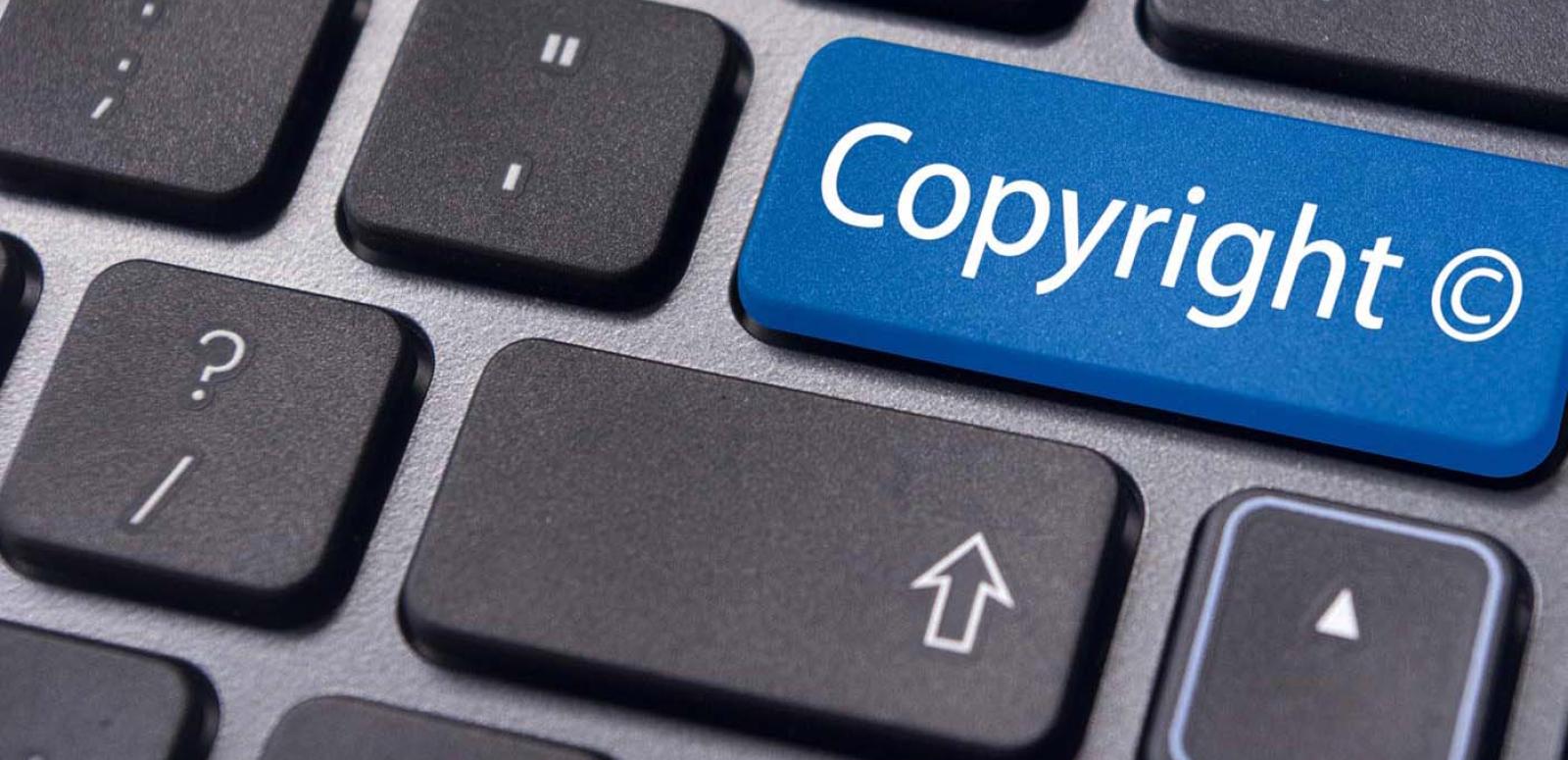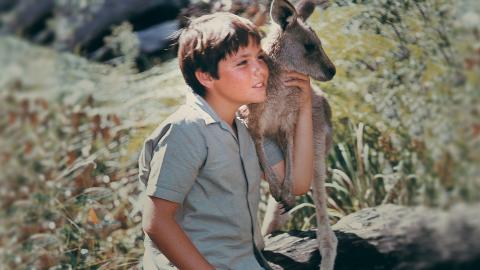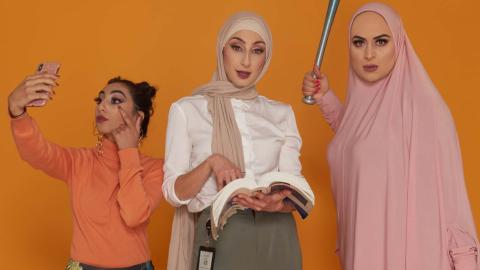

Collection Ownership and Copyright
Collection Ownership and Copyright
Physical and intellectual ownership of collection materials
As the national collecting institution charged with the preservation of Australia’s audiovisual heritage, the NFSA is responsible for almost 4 million collection items. But while we are the custodian of this collection, we do not necessarily own the collection materials.
Ownership in audiovisual collections can be multilayered and complex. It affects how we provide access to collection materials and how others can use them.
We've compiled the following information to help collection users understand how different kinds of ownership can affect access. Once our staff have received your request, they can provide information about specific materials requested through the NFSA catalogue.
What do we mean by 'ownership'?
Copyright
Orphan works
Indigenous Cultural and Intellectual Property (ICIP) rights
Moral rights
Depositor rights
Donor rights
What do we mean by 'ownership'?
When we talk about ‘ownership’, we are generally referring to ownership of the intellectual property in works in the NFSA collection. Copyright ownership is the most familiar example of this. But intellectual property rights can also include other rights such as Indigenous Cultural and Intellectual Property (ICIP) rights and moral rights.
We also use ‘ownership’ to refer to ownership of the physical collection items themselves, separate to the works that they contain.
Copyright
Copyright ownership in works in the collection generally falls into one of three categories:
1. The work is in copyright and remains under the legal control of a third-party copyright holder
The vast majority of works in the collection are owned by third-party copyright holders – usually the people or companies that produced or created the materials in the first place. In order to supply copies of third-party owned materials, the NFSA needs to receive written permission from the copyright holder. Where works have multiple copyright holders, permission is required from all copyright holders.
Seeking permission from the copyright holder is the responsibility of the client, but our staff will give you any information we have to assist with the search. However, if information in our records is not fully up-to-date (for instance, if contact details have changed for a producer), you may need to undertake further research to find the copyright holder. To assist in the search, we have compiled an information sheet on tracking down copyright holders:
Download: Tracking Down the Copyright Holder – Hints and Tips
It is not possible to know in advance exactly how long it will take to clear copyright. Some rights holders may respond to you within a few days. Others may take much longer. Approval is entirely at their discretion and is not guaranteed. We encourage you to initiate rights clearances by contacting copyright owners as early in the process as possible.
The NFSA charges access fees for supply of cleared, third-party owned materials. Our rates and terms are outlined on our Access fees page and in our Conditions of use.
2. The work is in copyright and is under the legal control of the NFSA
The NFSA owns copyright in a selection of titles in the collection. These titles are primarily concentrated in the Film Australia Collection, but can also include any title in the wider collection where the copyright holder has chosen to legally transfer copyright ownership to the NFSA.
Titles that have been formally assessed by our staff as being under the NFSA’s legal control can be made available for commercial and non-commercial use under an NFSA licence agreement. Licence fees apply. Our rates and terms are outlined on our Access fees page and in our Conditions of use.
3. All copyright in the work, including any underlying rights, has expired and the work is in the Public Domain
Titles that have been formally assessed by our staff as being in the Public Domain are not subject to the Copyright Act (1968) and can be made available for commercial and non-commercial use under an NFSA usage agreement.
The NFSA charges usage fees for use of materials in the Public Domain that have been sourced from our collection. Our rates and terms are outlined on our Access fees page and in our Conditions of use.
To find out more about why we charge fees for use of material in the Public Domain, see the Frequently Asked Questions on our Access fees page.
Orphan works

Orphan works are works which are, or are likely to be, protected by copyright but it has been impossible to identify, locate or contact the copyright owner. Like many other archives, museums, galleries and libraries, in Australia and overseas, we inevitably have to deal with many orphan works in our collection.
The use of orphan works without a licence or permission from the copyright owner, where a copyright exception is not otherwise available, is an infringement of copyright. For audiovisual collections, orphan works include sound recordings or films where copyright may have expired in the work as a whole, but rights subsist in the underlying works (such as in the script or music accompanying the film).
While it is generally possible for clients to view or listen to an Orphan Work at an Access Centre for research purposes, and we may provide access to orphan works for non-commercial purposes, the NFSA rarely provides copies of Orphan Works for commercial purposes.
Download: Statement on Orphan Works
Indigenous Cultural and Intellectual Property (ICIP) rights
The NFSA manages over 30,000 historical and contemporary works relating to Aboriginal and Torres Strait Islander peoples’ heritages and cultures. We recognise the ownership of cultural and intellectual property rights in these materials by Aboriginal and Torres Strait Islander individuals and communities.
For our clients, this means that:
- you may be required to obtain permission from community representatives before we can provide access to Aboriginal and Torres Strait Islander collection materials at an Access Centre
- we may refuse access to material that is restricted because it is known, or believed, to contain culturally sensitive and/or secret-sacred material unless you have obtained express permission from community representatives
- we can only service requests to copy footage, sound and images of Aboriginal and Torres Strait Islander peoples that complies with the ICIP Guidelines on our Conditions of use page
- you will still need to obtain any other permissions that are relevant to your request, such as copyright clearances, in addition to ICIP permissions.
Seeking permission from appropriate community representatives to access Aboriginal and Torres Strait Islander collection materials is the responsibility of the client. Our staff will give you any information we have to assist with the search but you may need to undertake further research to identify and contact community representatives.
Identifying, contacting and seeking permission from appropriate community representatives takes time. Obtaining cultural clearance is a consultative process and the decision to grant or refuse access is at the complete discretion of the relevant community.
If you plan to work with Aboriginal and Torres Strait Islander collection materials, we strongly encourage you to allow generous lead time to work through and fulfil your ICIP obligations.
Moral rights
Directors, performers, musicians and artists have the moral right to be identified as the author of a work and to object to false attribution or the derogatory treatment of their work. We endeavour to correctly attribute credits and to uphold the moral rights of creators. Clients accessing and using works from the collection are likewise obliged to uphold the moral rights of creators of those works.
Depositor rights
Thousands of audiovisual items in our collection have been lodged ‘on deposit’. This means that we care for these items but the depositor, who is usually a creator, retains ownership of the physical materials. Clients wanting to loan materials that are on deposit must obtain written permission from the depositor. This kind of loan generally arises in the course of remastering and distribution materials. Depositors can be, but are not necessarily, copyright holders. If they are, they may not be the sole copyright holder and so you may need to obtain additional permissions.
Donor rights
Unlike items that are on deposit, items donated to the collection become the physical property of the NFSA. As a trusted custodian, we value the relationships that we have with collection donors. We are obliged to honour any historical agreements that we have made with donors and from time to time this means that clients wanting to access certain materials will need to obtain permission from the donor, or their descendants, in addition to obtaining any other relevant permissions, such as copyright clearances.
The National Film and Sound Archive of Australia acknowledges Australia’s Aboriginal and Torres Strait Islander peoples as the Traditional Custodians of the land on which we work and live and gives respect to their Elders both past and present.


